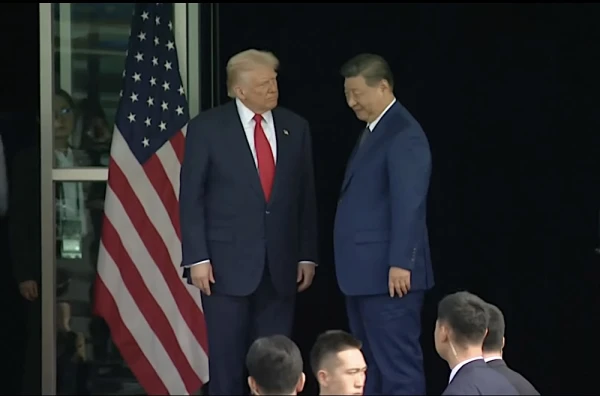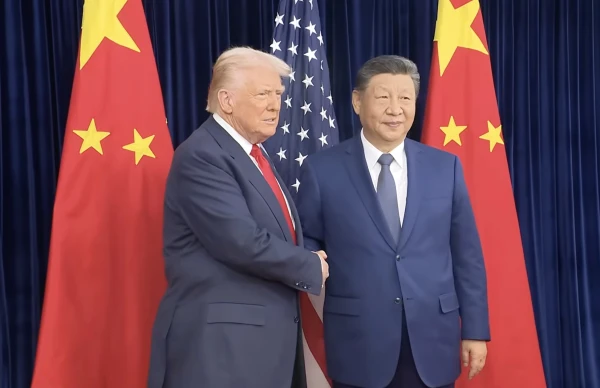
Roosevelt was elected to the highest office 4 times.
Donald Trump did not deny on Monday the speculation that he would run for the presidency of the United States again, stating that he has not yet considered challenging the U.S. Constitution's limitation on serving more than two terms as president.
Below is a list of legal barriers standing in the way of Donald Trump's hypothetical third term.
What the Laws Say
"No person shall be elected to the office of the President more than twice," states the 22nd Amendment to the U.S. Constitution.
The amendment was ratified in 1951 after President Franklin Delano Roosevelt broke the unofficial two-term rule that had been followed by presidents since the first U.S. president, George Washington.
Roosevelt, who served as president during the Great Depression and World War II, held office for three full terms and died a few months into his fourth term in 1945.
Wayne Anger, a law professor at Quinnipiac University, said that the Constitution clearly limits presidential terms to two terms of four years each. According to him, while there has never been a precedent for this, any attempt by Trump to challenge this provision in court would likely be unsuccessful.
"I would assume the Supreme Court would say - no, it’s obvious, two terms of four years, Donald Trump, you cannot run for a third term," Anger said.
Can the Constitution Be Changed?
Yes, but it is extremely unlikely in an era of strong political polarization between Democrats and Trump's Republican Party.
Any amendment to the Constitution requires a two-thirds majority support in both the House of Representatives and the Senate or a National Convention called by the legislatures of at least two-thirds of the states, followed by ratification by the legislatures of 38 out of 50 states.
Republicans have a slim majority in the House of Representatives - 218 seats to 213, and in the Senate they hold 53 votes to 47 seats. They also control the legislatures of 28 states.
Republican Andy Ogles, a member of the House of Representatives from Tennessee and a staunch Trump supporter, proposed in January to amend the 22nd Amendment to allow for three non-consecutive presidential terms.
Since Trump's presidential terms, which began in 2017 and 2025, are not consecutive, the amendment, if passed, would allow him to serve a third term starting in 2029.
Or Maybe Become Vice President?
Trump stated in an interview with NBC that one possible option would be to run as a vice-presidential candidate alongside presidential candidate JD Vance.
If Vance were to win, he would step down as president, giving Trump the opportunity to return to the White House.
However, Trump cannot run for vice president as he is not eligible to become president again. The 12th Amendment to the U.S. Constitution states: "No person constitutionally ineligible to the office of President shall be eligible to the office of Vice President of the United States."















Leave a comment